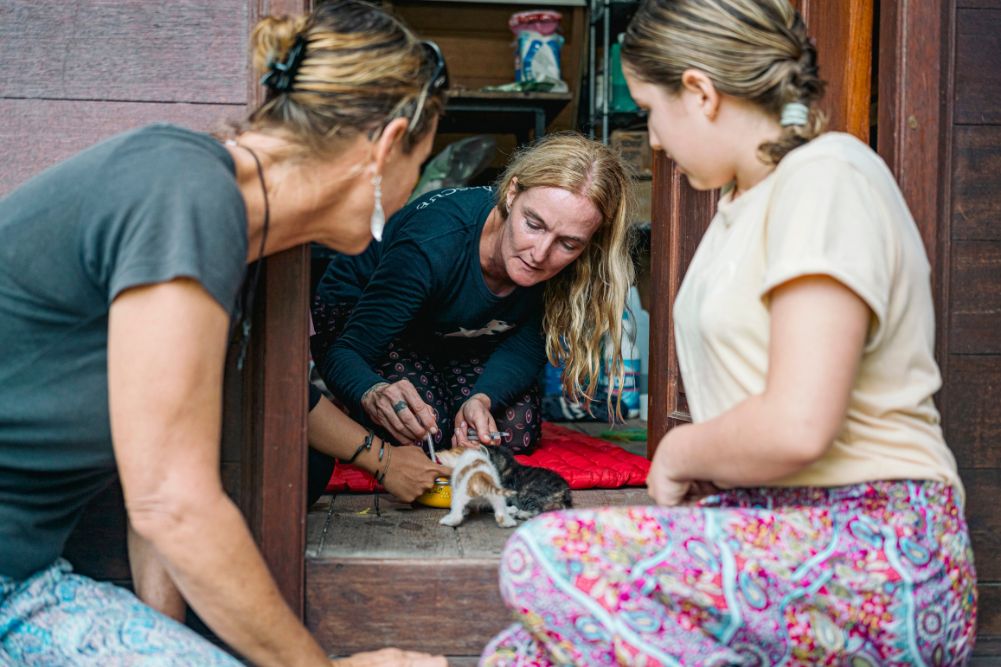How to cut in-car pollution and save your health
Traffic is a major source of harmful pollutants and we are most exposed to these pollutants when we are close to roadways or travelling on them.
The commute to work and back Home itself exposes drivers to a whole host of pollutants which are linked to many medical problems including cardiovascular disease, respiratory problems and lung cancer.
A group of scientists from Washington University in St. Louis conducted new research using actual commutes and discovered that a simple shift in driving habits can help reduce these risks.
During 75 per cent of the journeys, when the AC was on, there were no in-cabin carbon dioxide concentrations.
Using portable instruments and sensors to monitor pollutant levels inside the cabin of the car and simultaneously measuring the levels in the air outside the car during daily commutes conducted by the research team, gave them real data to work on and look at pollutant exposure.
The researchers were able to test a number of variables while driving to and from Washington University over a four month period in 2014.
They used a dashcam, and were able to identify a given pollutant concentration for various real-life traffic situations – when they were stuck behind a bus or truck, amid traffic on a freeway, stopped at a red light, or driving past restaurants or construction work.
During this time they used various ventilation settings in their cars: driving with the windows open, windows closed, with fan on, and with the air conditioning on.
After analysing the data, pollutant measurements and accounting for weather conditions, the researchers found that using the AC reduced the pollutants in the vehicles by 20-30 per cent, depending on the various metrics, outdoor concentrations, and weather and road conditions.
The researchers found significant difference between running the AC versus running the fan.
When the AC is operating it pulls the outside air, runs through the same filter and the same ventilation path as the fan, but the cold evaporator that cools the air as it passes deposits the pollutants particles (while it attracts the pollutants) as opposed to just diffusing it in the air when the fan is on.
This offered varying degrees of pollutant protection. It was the highest when exposure was highest such as when following a bus or a large truck.
When the windows were closed and following a bus, the outdoor particle concentration was 3 times higher than the indoor air.
During 75 per cent of the journeys, when the AC was on, there were no in-cabin carbon dioxide concentrations.
Keeping the windows closed also offered protection, between 8-44 per cent depending on other factors.
The researchers suggest the driving with your AC on is the most protective thing you can do, although it can be a drain on your fuel economy.
They recommend that adopting a dynamic behaviour modification approach to driving and pollutant protection is needed – when driving behind highly polluting vehicles or on a freeway, you should drive with your AC on or windows closed. But once you leave the polluted environment, the researchers recommend opening your windows to disperse any pollutant build up in the car.
Keeping the AC on during that commute to work in peak traffic just got better for your Health.
Source: Atmospheric Environment








